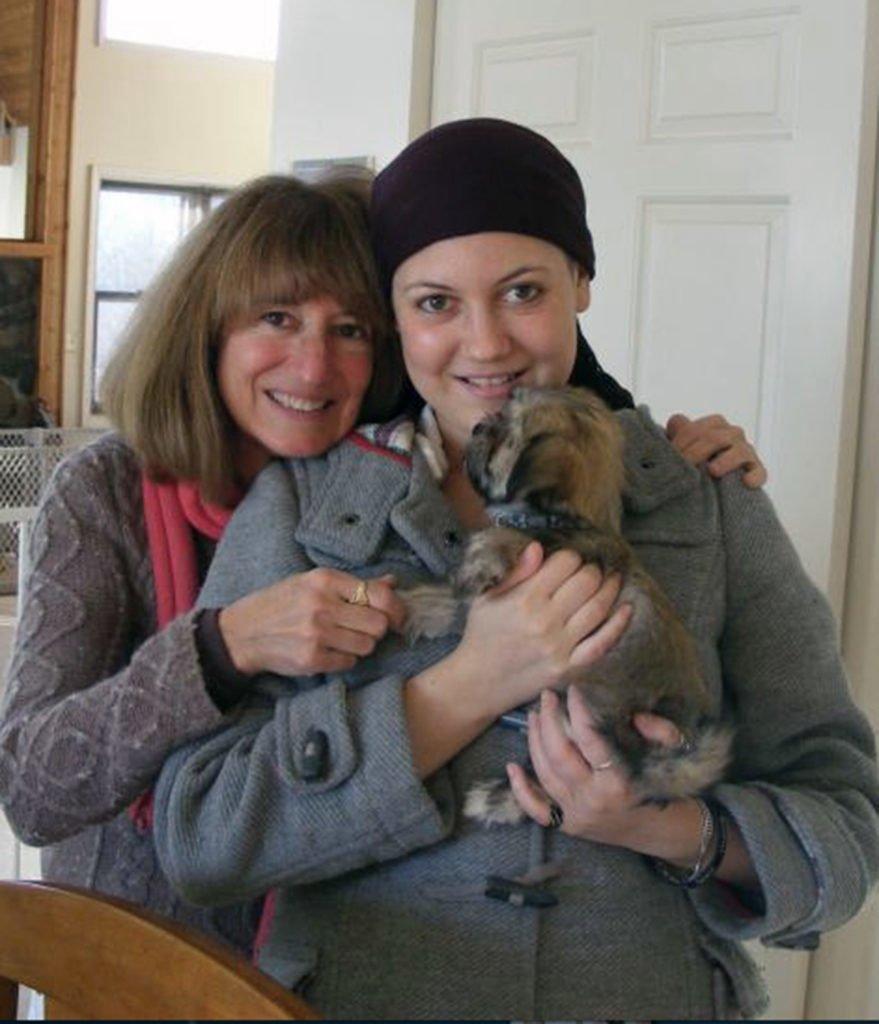 “How’s your girl doing?” asked an old friend at a public event last week. Dumbfounded, I stopped breathing and stared at him. He couldn’t mean My Girl, as in my daughter who died. Was he maybe inquiring about my BFF inherited dog? Or the young woman who helps me in the garden? No—he really was asking about my daughter—whose funeral and memorial he had, himself, attended eight years ago.
“How’s your girl doing?” asked an old friend at a public event last week. Dumbfounded, I stopped breathing and stared at him. He couldn’t mean My Girl, as in my daughter who died. Was he maybe inquiring about my BFF inherited dog? Or the young woman who helps me in the garden? No—he really was asking about my daughter—whose funeral and memorial he had, himself, attended eight years ago.
“Uh, well, you know she d—,” I stopped myself.
It had been years since I’d run into someone who didn’t know of Marika’s death, where I’d have to awkwardly inform them of her demise. I hate having to spill this to clueless folks who, as a result, will feel queasy around me forever after. Sometimes people who know my story avoid me, like maybe they’re scared I’ll fall apart howling. Spotting old friends at weddings and funerals, I’ve learned to wait and let them approach me rather than descend upon them. And I never mention my daughter unless they do, even though I’m itching to talk about her. Such is life with a dead daughter. I feel I have to protect people. I leave them plenty of time and space to make the first move. If they’re brave enough.
But this guy had known my daughter died.
“How’s your girl?” He asked again, with warm smiling eyes.
“Well, um—I’m keeping her close in my heart,” I tell the poor fellow, trying to simultaneously show him I’m okay, and he’s okay for not remembering, and remind him that Marika is dead. It was the best response I could come up with in my shock.
He cocked his head, and I repeated in a steady calm voice, “I keep her very close in my heart,” emphasizing ‘heart.’ He winced, and smacked his face. And I thought he would shrivel up and sink through the floor in mortification of forgetting. I told him it was all cool, and thanked him for thinking of Marika. He broke free of me shortly after.
“What is Marika like?” one of my hiker friends asked, the very next day, upon seeing the tattoo of Marika’s name on my bare arm.
“Thank you for using the present tense, since I think of my daughter as still being here in many ways,” I said, not entirely sure she understood that Marika is dead. Then I merrily answered her, rambling on and on about my favorite subject to talk about.
When’s the last time you invited a bereaved parent to talk about her beloved child?